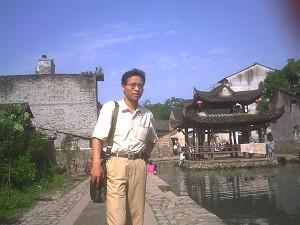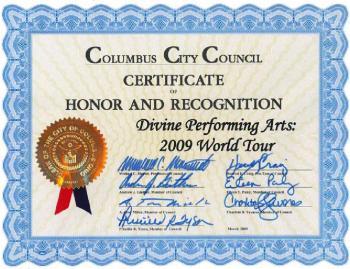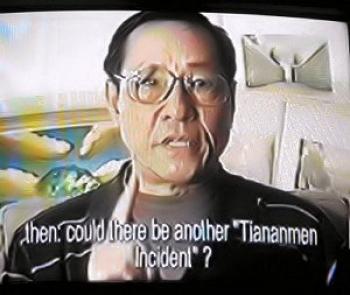Because of going to Shandong to audit Chen Guangcheng’s case, Zhang Jiankang, a Xi'an human rights lawyer was placed under house arrest for a month by mainland Chinese police since August 17. Zhang revealed in an interview with The Epoch Times that the house arrest this time was due to his acting in conjunction with Falun Gong practitioners’ cases of persecution and accepting overseas Epoch Times reporters’ interviews. During the interview, he also brought up the CCP’s arrest of attorney Gao Zhisheng (a.k.a. “China’s conscience”). He said that Gao’s speech and deeds should not be charged with any crime unless of course the CCP intentionally concocted a false crime, which would violate the basic rational principals of law.
Reason For House Arrest
Xi'an lawyer Mr. Zhang Jiankang was arrested by police for going to Shandong to audit Cheng Guangsheng’s court case. From August 17 to September 14, he was followed by police. On the evening of September 1, the police sent him home and confiscated his computer. After many complaints the computer was finally returned to him on October 9. However, Zhang said, “What they returned to us was just an empty machine. All the information in the computer was deleted including software for breaking the Internet blockade and my personal contact list on Skype.”
Zhang said that the police told him there were three reasons for his house arrest: acting on behalf of Falun Gong practitioners’ cases; accepting overseas media’s interviews; and being involved with attorney Gao’s case. Moreover, the police warned him repeatedly that he shouldn’t publish articles or accept overseas media’s interviews. Otherwise, next time he would be arrested and detained in an unknown place.
However attorney Gao immediately told the police, “Not responding to interviews and expressing one’s voice would be like a dead person. No matter where the interview comes from, I ought to have the right to accept or decline it. This is my right.”
Gao’s Words and Deeds Are No Crime
Zhang is very concerned about lawyer Gao’s current state. On the issue of the Beijing Public Police Bureau’s notification of the authorization of Gao’s arrest, they simply delivered an oral message to Gao’s wife, Geng He. Zhang said, “This is illegal. The law’s regulation should be formally documented, not conveyed orally. This is coercive.” Zhang analyzed that this situation is very likely caused by the CCP’s insecurity about the detention of Gao, and the worry that the repercussions from the international community might be quite extensive.
Based on the common tactics the CCP employs on civil democratic people and human rights advocates, Zhang believes they decide which accusations to use beforehand based on their experience in cleaning up challenges to their autocratic authority.
Experience of Being ‘Abducted’ During Travel
On August 17, Zhang and a Xi‘an human rights activist Deng Yongliang took a train together to Shandong to audit Cheng Guangcheng’s court case and were arrested by local police in Shandong. On August 19, the Xi’an Public Security Bureau sent six police to Shandong. Later, Zhang began his trip and was trailed by the police for nearly a month. During this period, the police followed him very closely. They clearly told Zhang that according to the upper levels’ requirement they must stay within one meter of him.
On September 1, the police took Zhang back to his home in Xi'an, and interrogated him there for nearly five hours. He was finally taken away and his computer’s hard drive was confiscated.
On September 14, Zhang was released to his Xi'an home. When attorney Zhang was just about to get home, he used the excuse of calling his wife to get back his cell phone which was kept by the police for nearly a month. After making the call, the police wanted to keep his cell phone but he refused to hand it over.
Zhang’s Record Playback
At the end of 2004, Zhang acted on behalf of Falun Gong practitioner Ms Huo’s persecution case.
On February 4, 2006, mainland human rights lawyer Gao Zhisheng initiated a global hunger strike against the persecution. Zhang responded positively. On February 27, seven people formally started a relay hunger strike. Zhang was one of the seven people. They conducted a hunger strike once each week. Attorney Zhang kept diary entries on the days he was striking.




